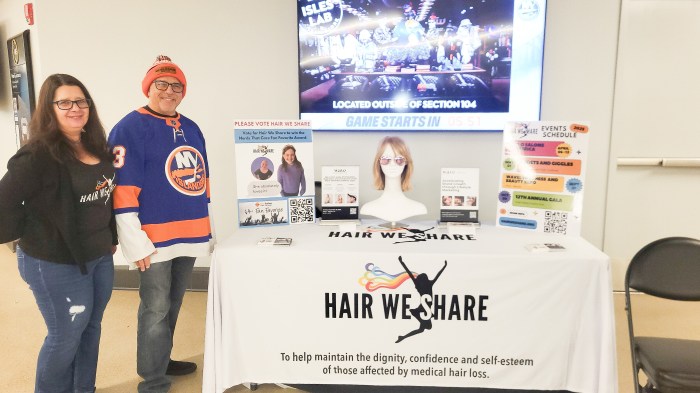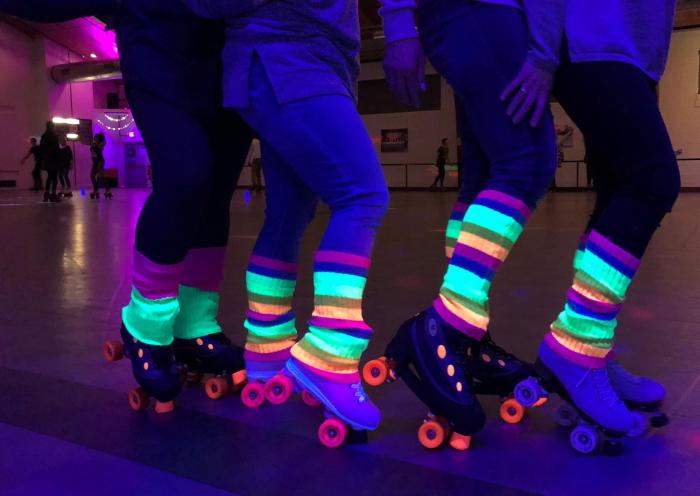The Shake Weight. Adult footed pajamas. The Slap Chop. Late night commercials are really bad, says Jeremy, a Dix Hills native, currently a sophomore at the University at Albany. He knows them all, and well. Throughout high school, Jeremy regularly stayed awake past midnight—playing video games, texting, watching TV—not only on his days off, but during the week.
“In high school, I would sometimes make it to four or five in the morning,” he says, adding himself to the growing pool of college and high school students, those without clinical sleep disorders but who, for different reasons, purposely deprive themselves of sleep on a regular basis.
Called a national “public health epidemic” by the Centers for Disease Control and Prevention, sleep deprivation has been a concern of parents for centuries. Literally. An 1894 editorial in British Medical Journal opined, “The hurry and excitement of modern life is quite correctly held to be responsible for much of the insomnia of which we hear.”
This was written around the same time the first gasoline-powered automobile model was being tested—more than a century prior to the dawn of cell phones, iPads, social media and the Internet.
And with hundreds of television channels to choose from and 24-hour programming on most of them, the ability to catch up on an entire season of a show in one night with services like DVR and TiVo, millions of apps available for download in as little as five seconds, podcasts, social networking websites like Facebook, Twitter and Pinterest, YouTube—and smart phones that allow access to all of this at any time—everyday life has become bombarded with technology. But for students who also have to manage academic, athletic and social demands in the real world, there is just not enough time in the day and sleep is often the most expendable thing on a student’s to-do list.
Recent studies show one in four high school students admit to falling asleep in class at least once a week. On weeknights, 20 percent of college students stay up 24 hours straight at least once a month and regularly stay up till 3 a.m. with many taking drugs and alcohol to help them stay awake and go to sleep.
Once thought to be merely a distraction that could lead to bad grades, scientists have linked sleep deprivation to more life-threatening consequences, from to obesity and diabetes to depression and drug use.
It’s a problem that affects students across the board—whether it’s due to extracurricular activities, studying, socializing or just sitting on the couch, high school and college students are getting less sleep than ever before.































